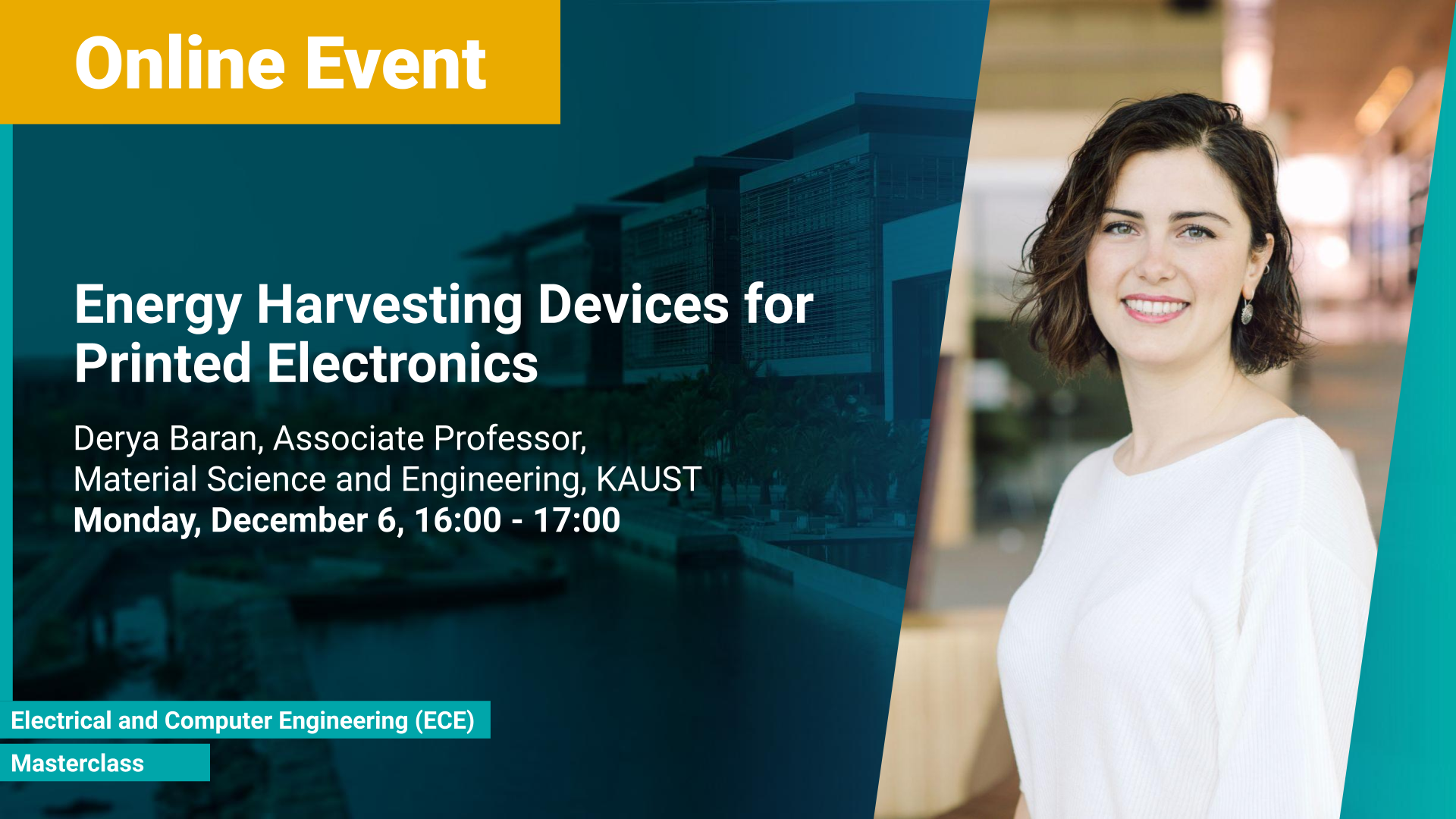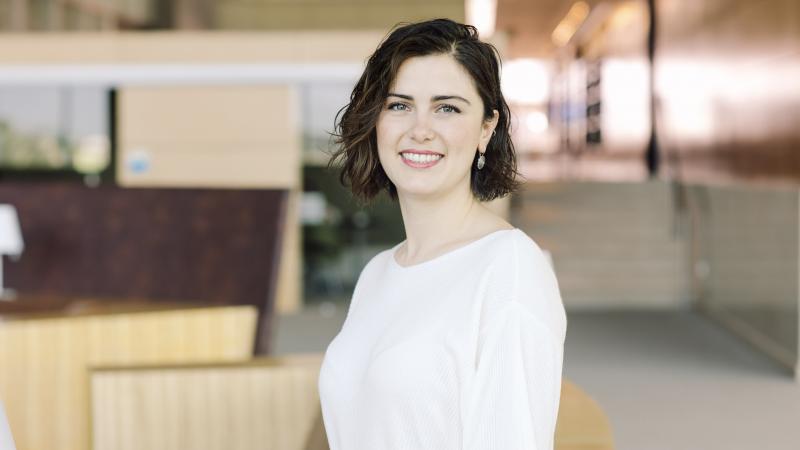Abstract
The need for big data that the internet of things (IoT) has created in recent years has turned the focus on integrating the human body in the quest to understand it better, and in turn, use such information for detection and prevention of harmful conditions. Applications in which continuous and uninterrupted operation is required, or where the use of external power sources may be challenging demand the use of self-powered autonomous systems. Organic photovoltaic devices are flexible, lightweight, and soft, capable of interacting with the human body and its mechanical demands. Their processability from solutions permits their adaptation to versatile fabrication techniques such as spin coating, roll-to-roll coating, and inkjet printing, with benefits including low material usage and freedom of design. In this talk, I will present how organic photovoltaics can be utilized in printed electronics as energy harvesting devices and go through the historical progress of organic/hybrid photovoltaics as well as the main activities that are ongoing in my research lab ‘Omegalab’.
Twitter: @DeryaBaranB
Group website: omegalabresearch.com
Brief Biography
Prof. Derya Baran, originally from Turkey, received her BS and MS degrees from Chemistry Department at Middle East Technical University in 2008 and 2010, respectively, and a doctorate degree from Friedrich-Alexander Erlangen-Nürnberg University in Materials Science and Engineering in 2014. She then received the Helmholtz Association postdoc grant and pursued joint post-doctoral studies at Jülich Research Center (Germany) and Imperial College London (UK). Since January 2017, she is a faculty at King Abdullah University of Science and Technology (KAUST). As of 2021, she is an Associate professor in Material Science and Engineering Program. Her research group (OMEGALAB) focuses on engineering smart materials for printed energy harvesting applications and integrated electronics. She is selected for MIT Technology Review’s 2018 list of ‘35 Innovators under 35’ and selected as ‘Talented 12’ in Chemistry given by ACS C&EN. She is co-founder of two start-up companies on ‘advanced sustainable desert greenhouses’ and ‘antimicrobial additives. She strives to be a role model with her research and research ethics to younger generations. She is a member of the Global Young Academy since 2020.

